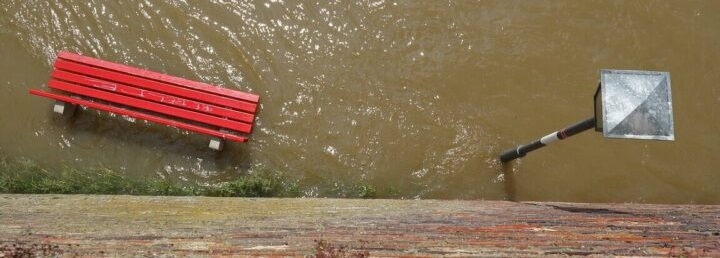The Co-Bio (Co-creating Biodiversity in Urban Areas) project, started in October 2023, aims to support the EU Biodiversity Strategy 2030 with the concrete focus of urban biodiversity. Together with seven partners from all around Europe, GreenFormation will work for enhancing urban biodiversity through co-creative processes. GreenFormation are responsible for one of the main outcomes of the project: a guide containing relevant knowledge, competences and tools needed for local cross-sector stakeholders to be able to co-create local solutions on urban biodiversity. Beside the guide, partners will formulate a training methodology during the project and train themselves as facilitators in local co-creation. GreenFormation will then implement and test the developed methodology and guide through six local case projects, one of which will be delivered in Budapest, Hungary by GreenFormation. The project’s duration is 30 months and is funded by the European Union Erasmus+ programme. In case you would like to receive more information and potential ways of contribution, please contact GreenFormation here.
Measuring socio-economic and environmental impacts of nature-based solutions
The overall aim of the LIFE LOGOS 4 WATERS project is to improve climate adaptation and coordination capacity of local municipalities by mitigating the negative water-balance situation through the demonstration of integrated ecosystem-based water management solutions in Hungary. Within the project, we assess the impacts of project activities both on local economies and ecosystem services in the two concerned water catchments in Hungary. In 2023 we delivered the project baseline socio-economic as well as ecosystem services assessment. In 2025 we will deliver the final assessment to reveal changes induced by the project. [Read more…] about Measuring socio-economic and environmental impacts of nature-based solutions
Book on nature conservation in Europe
A recently published book by Cambridge Press, Nature Conservation in Europe edited by Graham Tucker, provides a comprehensive overview of the status of Europe’s nature, relevant threats and pressures. It also analyses the impact of human activities on ecosystems, and gives a snapshot of international and EU biodiversity policies and legislative framework.
The book offers a comparison of conservation efforts and challenges through the assessments of twenty-five EU Member States and the UK compiled by national experts. [Read more…] about Book on nature conservation in Europe
New report of the biodiversity impact mitigation hierarchy with the contribution of our expert
A new report from the Eklipse Mitigation Hierarchy Working Group was recently published compiling the extensive analytical work of three years in the make.
The report aims to provide an overview of the state of knowledge regarding how we can improve adherence to the Mitigation Hierarchy (how biodiversity impacts can first be avoided, then mitigated and compensated), with a particular focus on the avoid stage especially in projects impacting nature. [Read more…] about New report of the biodiversity impact mitigation hierarchy with the contribution of our expert
New paper: Impacts of ecosystem services and their assessments on policy
A recently published article in Earth System Governance’ Special Issue co-authored by GreenFormation expert, Agnes Zolyomi provides an overview of a systemic analysis that assessed a century of ecosystem services and their impacts on policy. Assessing ecosystem services and assigning an economic value to them has been thought of as the silver bullet to shed light on nature’s immense value in a deepening environmental crisis. They were expected to bring the breakthrough for biodiversity prioritisation. The figures and monetary values were thought to change policy-makers’ minds to prioritise biodiversity in their agendas. To date, there has been limited research exploring how the concept of ecosystem services has impacted policy. This new study aims to provide an overview about the achieved policy impacts, enabling and hindering factors as well as lessons learnt. You can read the open access article here.





